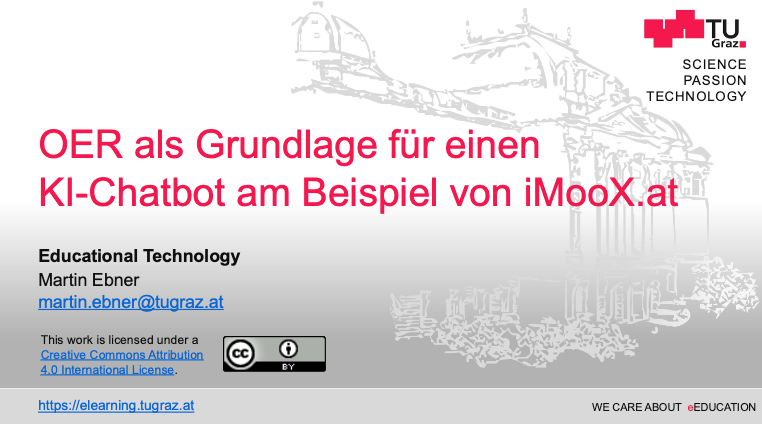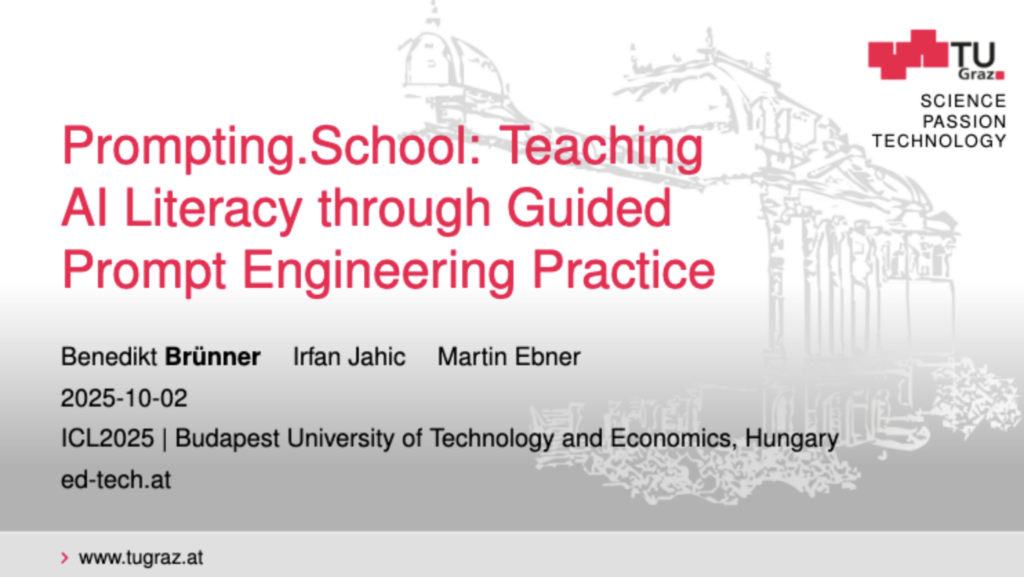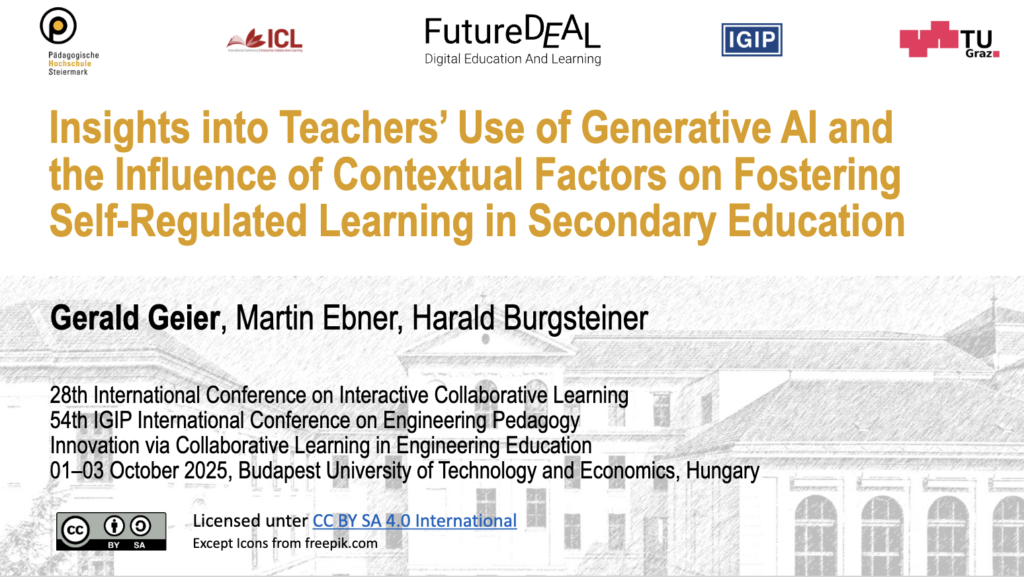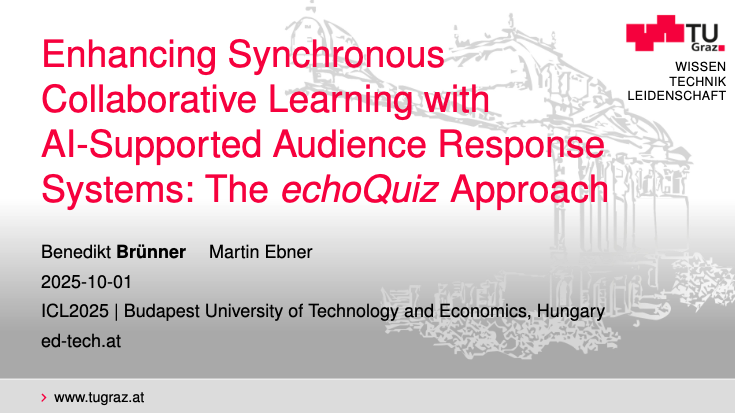Our final guidlines „A digital textbook for everyone: Accessible and interactive, from concept to use“ are now online available:
The Guidelines offer practical orientation on how to design digital schoolbooks that are didactically sound, inclusive, and accessible. They address everyone involved in creating or using learning materials — from publishers, authors, and teachers to designers, developers, parents, and educational stakeholders.
A key feature of the project is its transdisciplinary approach: experts from subject didactics, inclusive education, UX design, computer science, and accessibility worked together to develop methods, processes, and examples. While the work is based on content from mathematics and geography, the principles are transferable to other subjects.
Digital schoolbooks provide new opportunities for individualized, collaborative, and competence-oriented learning. The Guidelines show how digital materials can follow a “Born Accessible” strategy from the very beginning, aligned with the principles of Universal Design for Learning. They provide concrete recommendations, best practices, and examples that can be directly applied to development projects.
The content covers the entire development process — from defining inclusive learning goals to decisions about design and representation, technical implementation, feedback structures, and ongoing quality assurance.
These guidelines were developed as one of three key outcomes of the Erasmus+ project Digital Education Material (DEM).
[English version @ Zenodo]
[German version @ Zenodo]
Reference:
English version: Brnic, M., Degenhardt, S., Edelsbrunner, S., Erdel, T., Greefrath, G., Kargl, B., Lathan, H., Macchia, V., Mönter, L., Schön, S., Schütt, M.-L., Torri, S., Wetzel, M., & Ebner, M. (2025). A digital textbook for everyone: Accessible and interactive, from concept to use. CDV. https://doi.org/10.5281/zenodo.18313228
German version: Brnic, M., Degenhardt, S., Edelsbrunner, S., Erdel, T., Greefrath, G., Kargl, B., Lathan, H., Macchia, V., Mönter, L., Schön, S., Schütt, M.-L., Torri, S., Wetzel, M., & Ebner, M. (2025). Ein digitales Schulbuch für alle: Barrierefrei und interaktiv von der Idee bis zur Nutzung. CDV. https://doi.org/10.5281/zenodo.18301620




